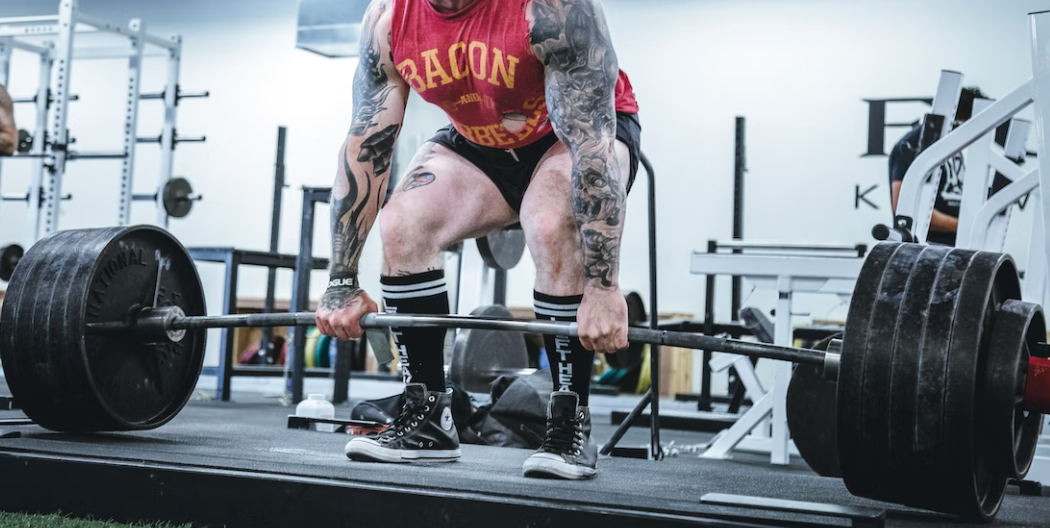
DHEA: Benefits and Risks of Bodybuilding
SuppLife LLC
If you've done any research into dietary supplements to boost your gains, then you've probably heard of DHEA. Known as dehydroepiandrosterone, DHEA is a steroid hormone produced in the adrenal glands that is converted into androgens and estrogens in the body. Although DHEA has become an increasingly popular supplement for bodybuilders, possibly due to its ability to increase muscle strength and endurance, it can also have some potentially serious side effects. In this article, we'll explore the potential benefits and risks of taking DHEA for bodybuilding.Overview of DHEACommonly referred to as a "hormone of youth," DHEA is produced primarily in the adrenal gland and is used to make male and female sex hormones, including testosterone, progesterone, and estradiol. DHEA is the most abundant steroid hormone in the body, and is present in both men and women, although men generally have higher levels. As we age, production of DHEA declines significantly.What Does DHEA Do?DHEA has been studied for its potential anti-aging properties, but its primary function is to help synthesize androgens and estrogens. This is important for the regulation of many processes in the body, such as sex drive and muscle growth. For this reason, some bodybuilders have turned to DHEA supplements as a way to enhance their workouts.What Are the Benefits of DHEA for Bodybuilders?While research on DHEA's effects on bodybuilding is still relatively limited, some studies suggest that it may be beneficial for muscle growth and strength. In one study, subjects who were given a daily dose of 50 mg of DHEA for eight weeks saw an increase in muscle mass and a decrease in body fat compared to those who were given a placebo. Additionally, it has been suggested that DHEA may increase testosterone levels, although this has not been proven definitively.It's also important to note that DHEA may be beneficial for athletes. Studies suggest that DHEA may help to reduce fatigue and improve exercise performance. Additionally, it may help to reduce the risk of injury and improve recovery from exercise.What Are the Risks of DHEA?While DHEA has been shown to have potential benefits, it also has some potential risks. It is important to note that DHEA supplements are not approved by the FDA for any medical use and it is not clear if they are safe. In some cases, DHEA may cause increased levels of androgens, which can lead to acne and other skin problems, hair loss, and increased aggression.Additionally, DHEA may interfere with medications for diabetes, high cholesterol, and high blood pressure. It is also important to note that DHEA supplements may be contaminated with pollutants, so it is important to make sure that you buy from a reputable manufacturer.How Should DHEA Be Used?Although DHEA is thought to be safe for most people when taken in doses of up to 50 mg a day, it is important to talk to your doctor before taking any supplement. Some people may be at increased risk for side effects from DHEA, such as those with liver or kidney disease, or those taking medications for certain medical conditions.It is also important to note that long-term use of DHEA has not been studied, so it is not known if there are any potential risks associated with long-term use. If you are considering taking a DHEA supplement, it is best to start with the lowest dose possible and talk to your doctor about any potential risks and benefits.ConclusionDHEA has become increasingly popular among bodybuilders seeking to enhance their workouts. While it is thought to offer some potential benefits, such as increased muscle mass and strength and improved exercise performance, it is important to talk to your doctor before taking any supplement. Additionally, it is important to note that long-term use of DHEA has not been studied, so there may be potential risks associated with its use. SuppLife offers a wide variety of supplements to support your fitness goals, so be sure to check out our store for the best products to help you reach your goals.





